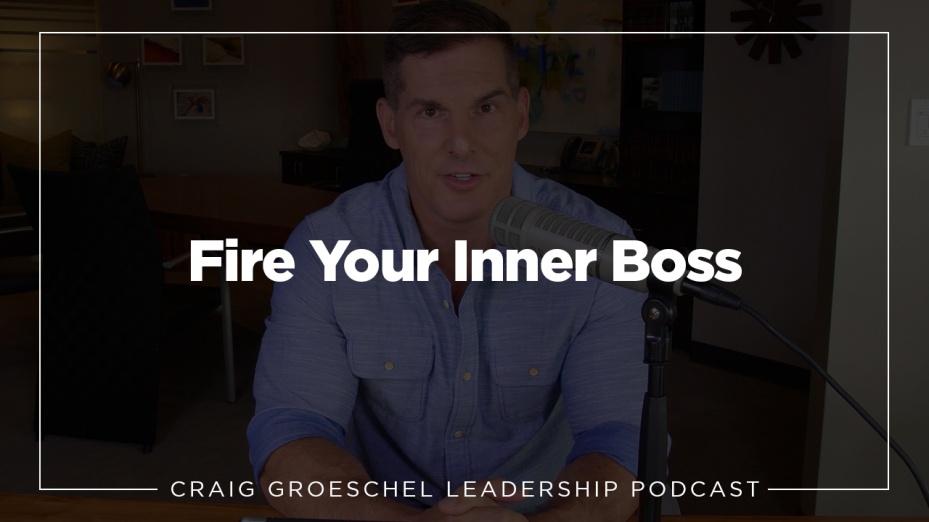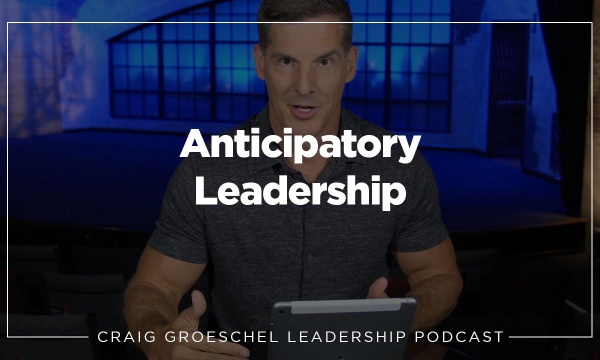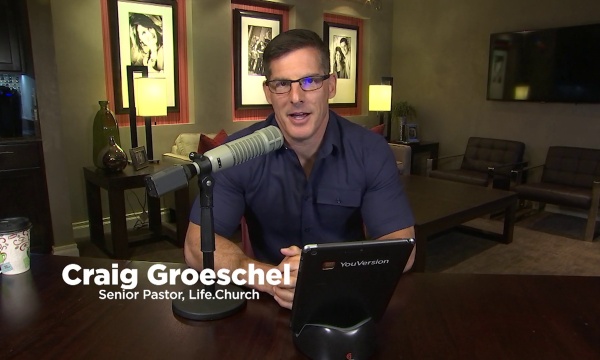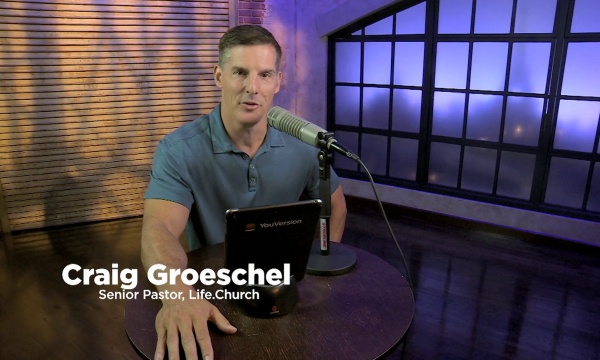Thank you for joining the Craig Groeschel Leadership Podcast! Why do people leave their jobs? The number one reason: they don’t like their bosses. People don’t leave companies—they leave bad bosses! Why? That’s because many bosses don’t understand what it takes to be a leader.
Power and influence can do unusual things to people. If you want to test a person’s character, give them power. The first thing to rise to the surface when someone becomes a leader generally isn’t confidence, it’s insecurity. When we feel insecure, we almost always overcompensate with unhealthy behavior. When you have to say, “I’m the boss!” you’re wrongly leveraging power. That’s why you should fire your inner boss and instead strive to be an effective leader! Simon Sinek says it this way: “A boss has a title. A leader has the people.”
“Position may give you power to control, but trust will give you permission to lead.” –@craiggroeschel
Let’s look at a few differences between a boss and a leader:
- • A boss instills fear. A leader inspires confidence.
Fear generally leads to inaction, which leads to a lack of confidence, which leads to more fear. Instill confidence in your team, what you stand for, and where your organization is going.
- • A boss assigns blame. A leader takes responsibility.
When you are always blaming others, you are usually avoiding some important issue about your own leadership. For more on this, listen to or revisit an earlier episode of this podcast, “The Forbidden Phrase.”
- • A boss demands loyalty. A leader extends trust.
If you have ever had a boss who demanded loyalty, chances are good they weren’t loyal to you, and so you didn’t trust them.
- • A boss controls people. A leader empowers people.
We can have control or we can have growth, but we can’t have both. If we're empowering people, we're giving people responsibility, not just tasks. When we give them tasks, we're training them “to do,” but when we give them responsibility, we’re empowering them “to lead.” If you hired someone, you probably hired them to make decisions, improve things, and push the mission forward!
- • A boss is often guarded. A leader is transparent.
An insecure boss appears distant, rarely admits to weaknesses, and likes to control information. A secure leader, on the other hand, admits to mistakes, doesn’t have to know it all, and is often very real and vulnerable. People may admire strengths, but they connect through weaknesses.
“Anyone can make you think that they are important. A leader helps you see that you are important!” –@craiggroeschel
Remember, you don’t have to know it all to be a great leader! Be yourself. People would rather follow a leader who is always real than one who is always right.
Have a question for Craig? Email him at leadership@life.church.
DISCUSSION QUESTIONS
Here's an exercise you can do to grow as a leader—ask yourself and your team these questions:
1. Of the five differences, in which ones are you more of a boss than a leader?
2. What is your action plan to improve? Get some people to give you feedback and suggestions, and set goals. Be specific. General goals don't lead to specific changes.
EPISODE RESOURCES
Leave a review: www.go2.lc/leadershippodcastitunes
Catalyst One Day: www.catalystconference.com/oneday
Watch Life.Church messages: www.life.church/watch
More from Craig: www.craiggroeschelbooks.com
Craig Groeschel, Divine Direction: 7 Decisions That Will Change Your Life
Free church resources & tools: www.life.church/churches
CONNECT WITH CRAIG
Ask questions: leadership@life.church
Facebook: www.facebook.com/craiggroeschel
Twitter: @craiggroeschel
Instagram: @craiggroeschel
Snapchat: @craiggroeschel
Periscope: @craiggroeschel



